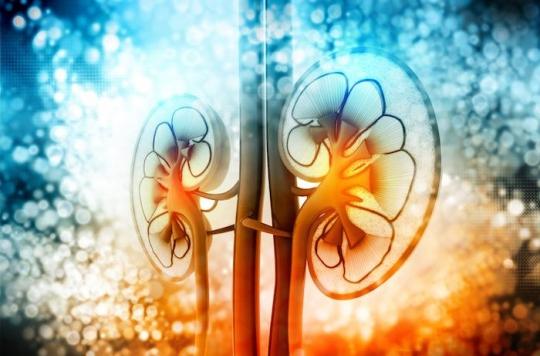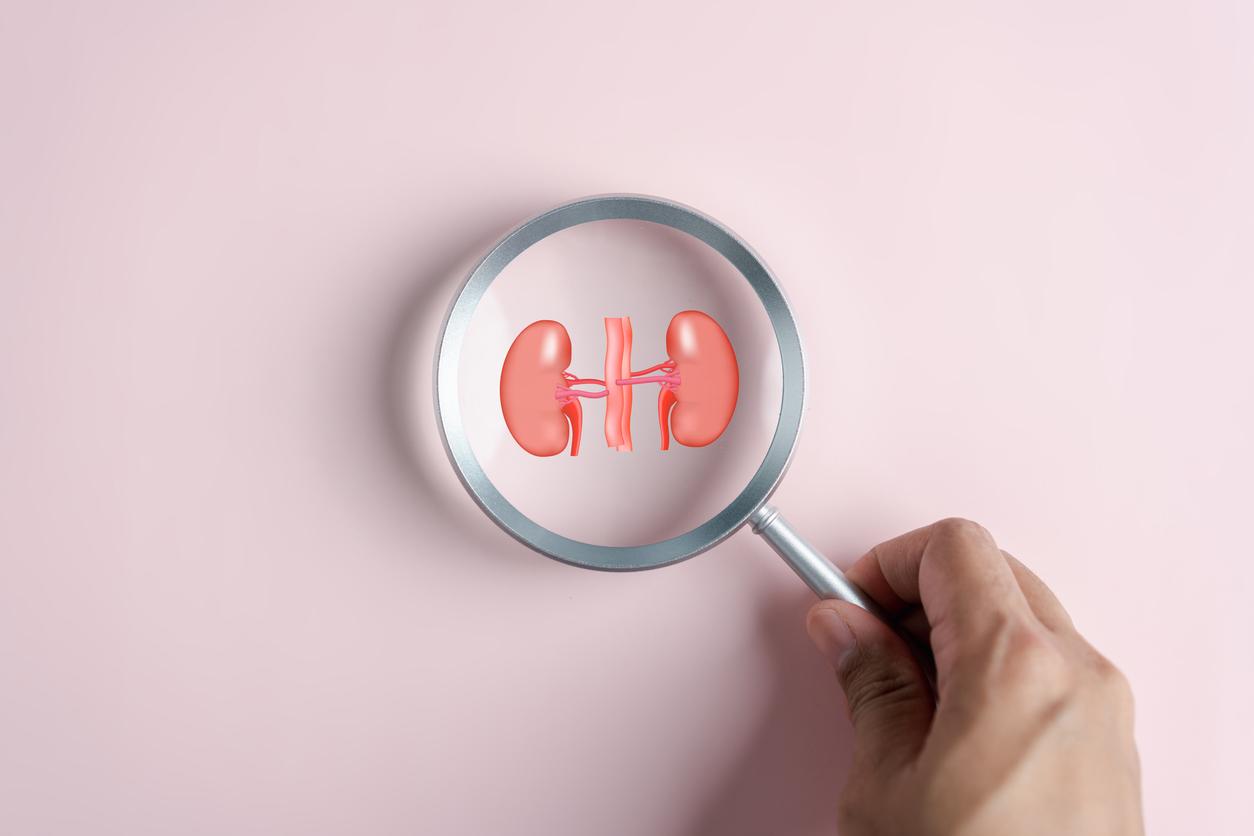Professor Arnaud Méjean from the Urology Department of the Georges-Pompidou Hospital discovered that taking the drug sunitinib alone was as effective as a kidney removal in the treatment of advanced kidney cancer. Explanations.

Can taking medication replace surgery in a patient with advanced kidney cancer? This is what is advanced by a new French study presented on June 3 in Chicago, on the occasion of the famous ASCO 2018 Congress, which brings together more than 40,000 specialists from around the world.
Conducted from 2009 to 2017 by Professor Arnaud Méjean, urologist at the Department of Urology of the Georges-Pompidou European Hospital of the University of Paris Descartes, the Carmena study shows that sunitinib, which belongs to the category of “targeted therapies”, is also effective than surgery in the treatment of advanced kidney cancer – that is, with metastasis.
Surgery “should no longer be the standard of care”
To establish this observation, Professor Méjean and his team followed 224 patients who received sunitinib alone and 226 others who had also undergone kidney removal. After four years, the result was clear: patients who received sunitinib alone were doing as well as others and even increased their chance of survival by four months. Ultimately, this work will undoubtedly lead doctors to reduce the number of kidney ablations, in favor of drug treatment, when possible.
“Until now, nephrectomy (removal of the kidney, Editor’s note) was considered the standard of care for patients with kidney cancer with metastases, when it is first diagnosed. These cases represent about 20% of all kidney cancers in the world, “said Prof Arnaud Mejean. “Our study is the first to question the need for surgery in the age of targeted therapy and clearly shows that surgery for some people with kidney cancer should no longer be the standard of care.” However, nephrectomy remains essential: when there is “there is a single metastasis or if the treatment has reduced the size of the tumors, we will continue to operate”, specifies the professor.
11,000 new cases each year in France
Kidney cancer is a tumor or lump inside the kidney. Most kidney tumors develop in the functional part of the kidney: the “renal parenchyma”, which groups together the functional units of the kidney. Other, rarer tumors develop in the excretory tracts of the kidney: “pelvis, calyx”. The majority of kidney tumors are malignant. Kidney cancer thus represents about 3% of all cancers and affects twice as many men as women: mainly people aged over 50 (62 years on average). Around 11,000 new cases are diagnosed in France each year and 190,000 worldwide.
The recognized risk factors are smoking, overweight or obesity and the fact of being treated by dialysis for more than three years. Specifically, a smoker has one and a half times the risk of developing kidney cancer, compared to a person who has never smoked. With regard to people who have quit smoking, several studies have shown that the risk of kidney cancer for former smokers is lower than that of smokers: it would decrease by around 25 to 30%, 10 to 15 years later. the stop.

.














